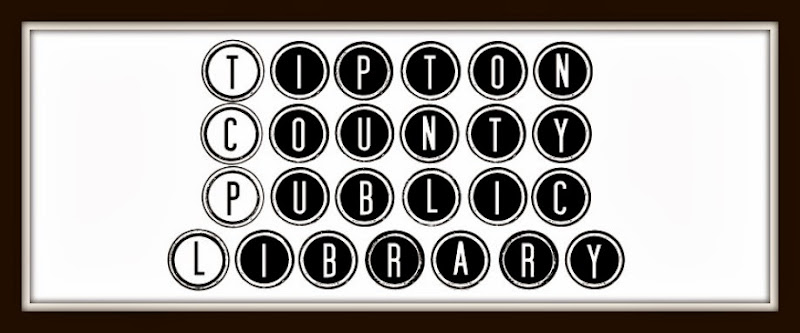Anti-Diet: Reclaim Your Time, Money, Well-Being, and Happiness Through Intuitive Eating by Christy Harrison
Summary: Reclaim your time, money, health, and happiness from our toxic diet culture with groundbreaking strategies from a registered dietitian, journalist, and host of the "Food Psych" podcast.
68 percent of Americans have dieted at some point in their lives. But upwards of 90% of people who intentionally lose weight gain it back within five years. And as many as 66% of people who embark on weight-loss efforts end up gaining more weight than they lost. If dieting is so clearly ineffective, why are we so obsessed with it?
The culprit is diet culture, a system of beliefs that equates thinness to health and moral virtue, promotes weight loss as a means of attaining higher status, and demonizes certain ways of eating while elevating others. It's sexist, racist, and classist, yet this way of thinking about food and bodies is so embedded in the fabric of our society that it can be hard to recognize. It masquerades as health, wellness, and fitness, and for some, it is all-consuming.
In Anti-Diet, Christy Harrison takes on diet culture and the multi-billion-dollar industries that profit from it, exposing all the ways it robs people of their time, money, health, and happiness. It will turn what you think you know about health and wellness upside down, as Harrison explores the history of diet culture, how it's infiltrated the health and wellness world, how to recognize it in all its sneaky forms, and how letting go of efforts to lose weight or eat "perfectly" actually helps to improve people's health -- no matter their size. Drawing on scientific research, personal experience, and stories from patients and colleagues, Anti-Diet provides a radical alternative to diet culture, and helps readers reclaim their bodies, minds, and lives so they can focus on the things that truly matter.
68 percent of Americans have dieted at some point in their lives. But upwards of 90% of people who intentionally lose weight gain it back within five years. And as many as 66% of people who embark on weight-loss efforts end up gaining more weight than they lost. If dieting is so clearly ineffective, why are we so obsessed with it?
The culprit is diet culture, a system of beliefs that equates thinness to health and moral virtue, promotes weight loss as a means of attaining higher status, and demonizes certain ways of eating while elevating others. It's sexist, racist, and classist, yet this way of thinking about food and bodies is so embedded in the fabric of our society that it can be hard to recognize. It masquerades as health, wellness, and fitness, and for some, it is all-consuming.
In Anti-Diet, Christy Harrison takes on diet culture and the multi-billion-dollar industries that profit from it, exposing all the ways it robs people of their time, money, health, and happiness. It will turn what you think you know about health and wellness upside down, as Harrison explores the history of diet culture, how it's infiltrated the health and wellness world, how to recognize it in all its sneaky forms, and how letting go of efforts to lose weight or eat "perfectly" actually helps to improve people's health -- no matter their size. Drawing on scientific research, personal experience, and stories from patients and colleagues, Anti-Diet provides a radical alternative to diet culture, and helps readers reclaim their bodies, minds, and lives so they can focus on the things that truly matter.
Angie’s comments: Read this for an interesting view of our society and culture relating to body size, health and food. Although I didn't agree with everything stated in the book, I learned a lot and enjoyed reading Harrison's views.
Recommended for readers who are interested in diets and food.
Recommended for readers who are interested in diets and food.
